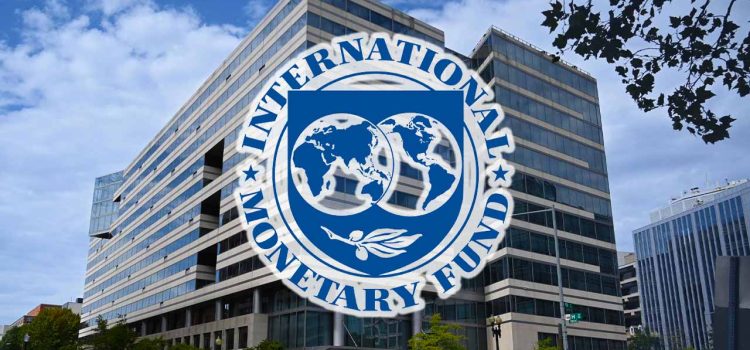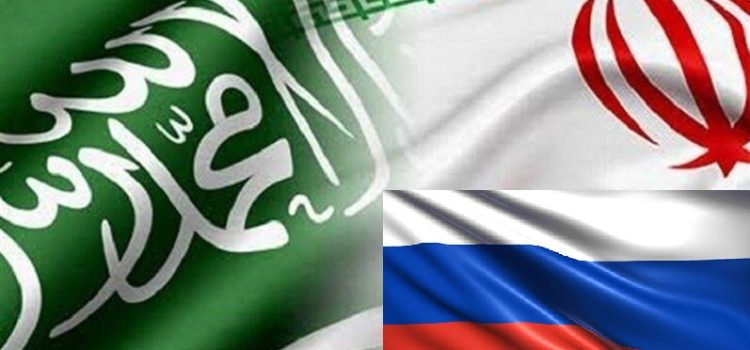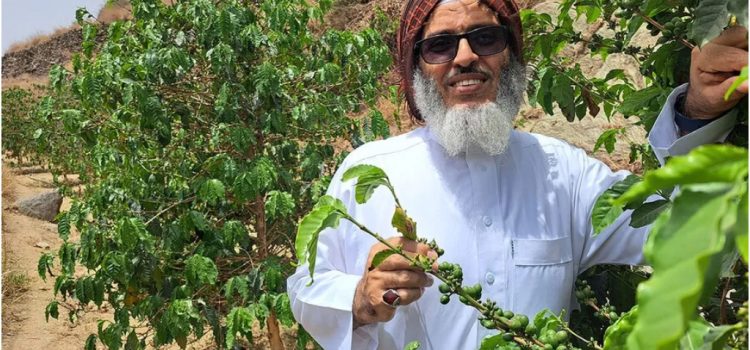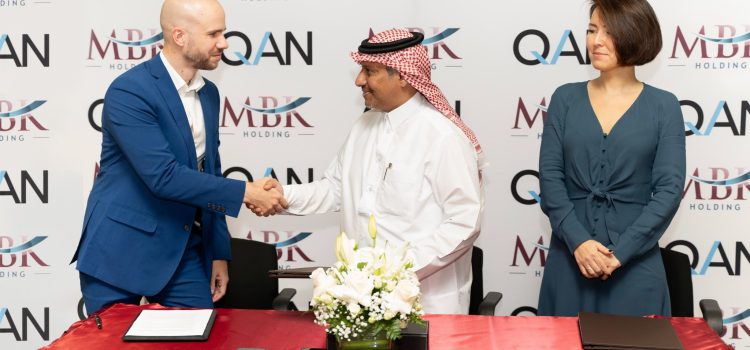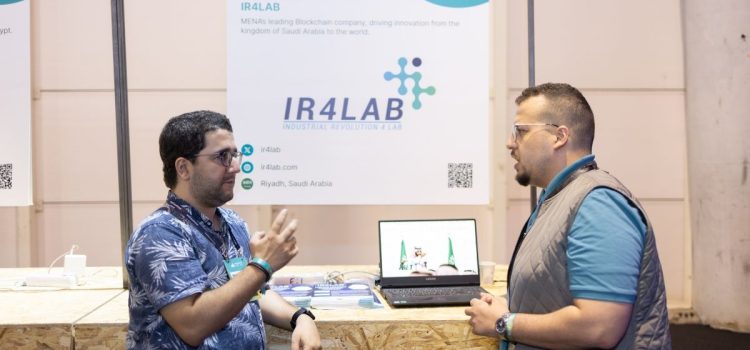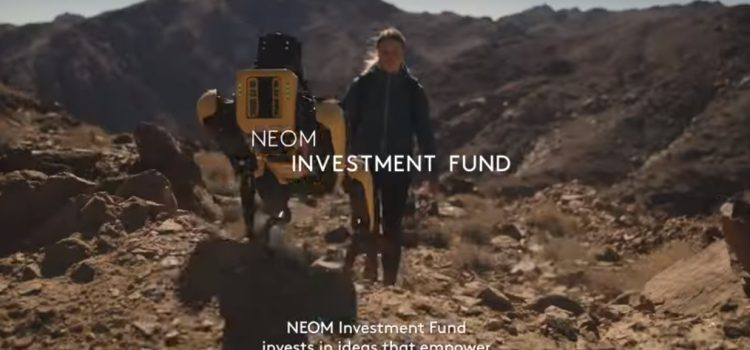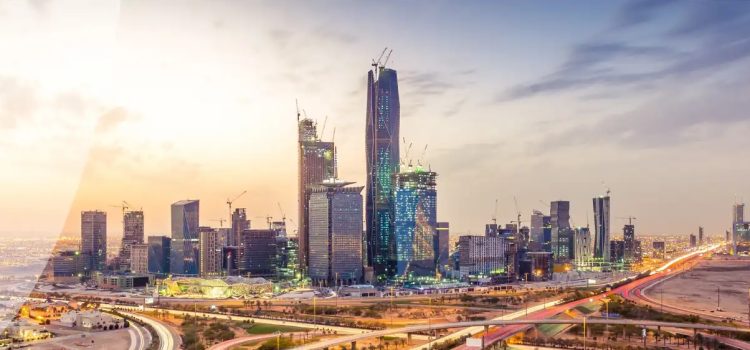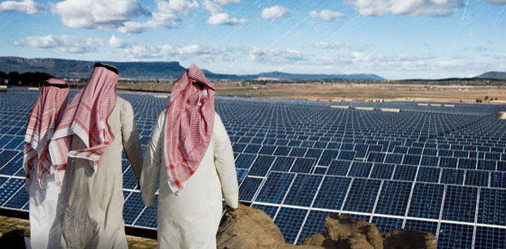
The big news in the region is the recent announcement by SBI Holdings that it has entered into a Memorandum of Understanding with Saudi Arabian Aramco, one of the leading energy and Chemicals Company, after SBI Holding established a digital asset venture in UAE with Standard Chartered.
The signing was between SBI Holding, Chairman, President and CEO, Yoshitaka Kitao; and Aramco’s President and Chief Executive Officer: Amin H. Nasser.
As per the press release, based on the MOU, SBI Holdings and Aramco will consider a business alliance in the areas of collaboration in the field of digital assets and co-investments leveraging both parties’ investment portfolios related to digital assets, as well as identifying Japanese startups in the digital asset field which have interests in expanding their business in Saudi Arabia and supporting their entry and growth.
It also includes launching various specific projects related to investments in the semiconductor field, including establishment of factories in both Japan and Saudi Arabia.
The scope of the alliance may be expanded upon agreement between the Company and Aramco.
SBI Holdings has been promoting the establishment of investment funds with local partners in the Middle East, as well as the construction of semiconductor factories in Japan, through a partnership with Powerchip Semiconductor Manufacturing Corporation. SBI Holdings recently announced a partnership with Standard Chartered to launch a $100 million Fund in the UAE to also establish a digital asset joint venture.
Through this partnership with Aramco, the parties will, together, leverage their mutual knowledge and resources to discuss further business opportunities in advanced technology fields, such as semiconductors, digital assets, etc. and contribute to economic cooperation between Japan and Saudi Arabia.
Furthermore, the SBI Group plans to establish “SBI Middle East” in Riyadh as a base of operations for conducting business in the Middle East, and is working towards further expanding its businesses in the region.
Saudi Aramco has made prior investments into Blockchain startups, including Data Gumbo, IR4Labs, VAKT, and others.
While Sanabil, the $3 billion fund owned by the government’s Public Investment Fund, is an indirect crypto investor. It mainly invests in other funds, with half its assets in venture capital (VC). They include commitments to crypto-focused Haun and Blockchain Capital as well as several other VCs with major crypto portfolios such as Andreessen Horowitz, Coatue and Tiger Global.
However this news on SBI Holding agreement with Aramco and its relation to the semi conductor business is significant given that recently USA forced Saudi backed fund Prosperity7 from investing in Sam Altman’s AI startup Open AI. Prosperity7 has already invested as well in Blockchain, with Red Date Tech.










